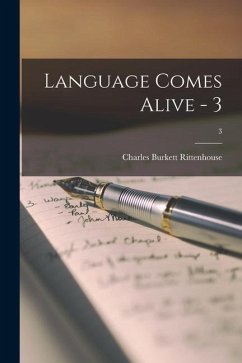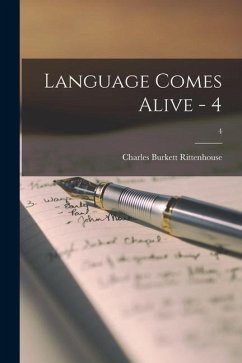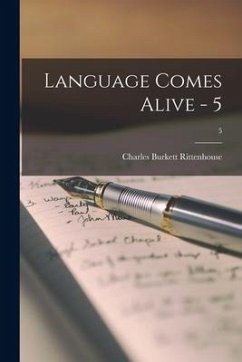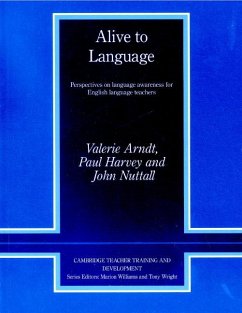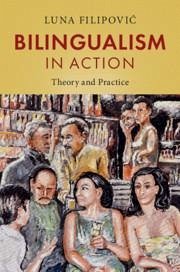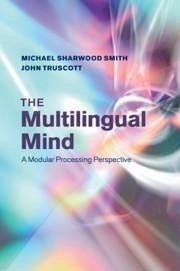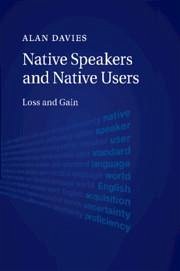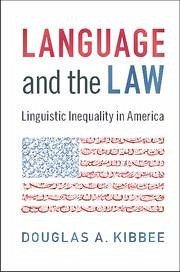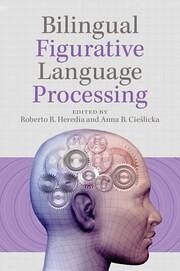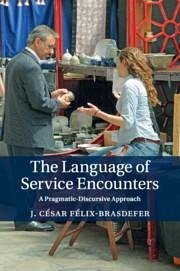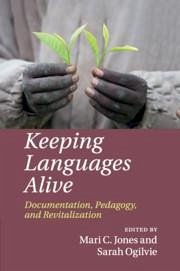
Keeping Languages Alive
Versandkostenfrei!
Versandfertig in über 4 Wochen
41,99 €
inkl. MwSt.

PAYBACK Punkte
21 °P sammeln!
Around the globe, a large body of linguists are collaborating with members of indigenous communities to keep endangered languages alive. This volume discusses current efforts to record, collect and archive these languages in traditional and new media that will support future language learners and speakers.





